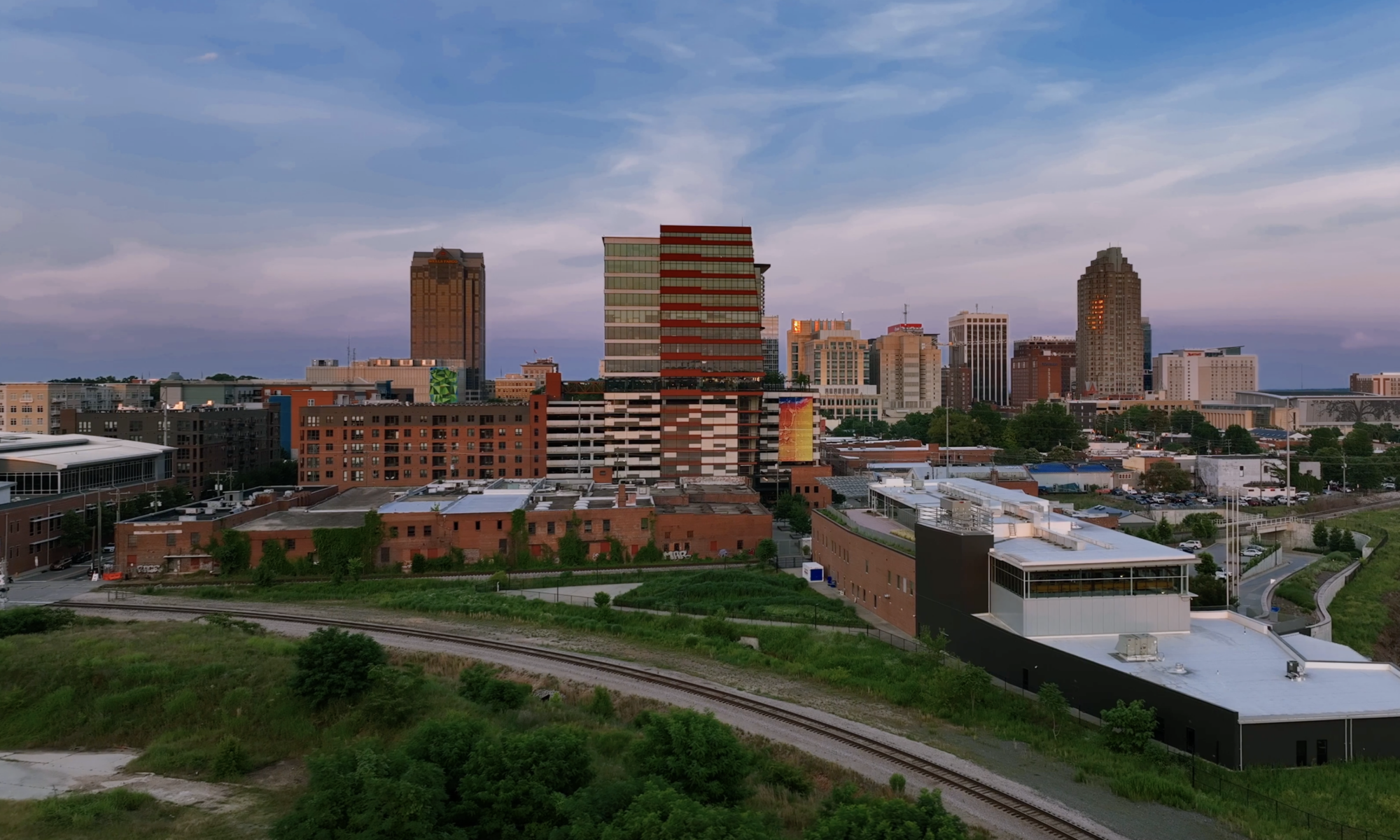The goal was to optimize health behaviors and outcomes for vulnerable youth populations in underserved communities by looking at a unique physical school environment through lenses of public health and the built environment.
In NC, students spend 6.75 hours/day in school for 180 days/year (NCSE 2018). Literature addressing health in schools speaks to obesity and nutrition programming but does not often align facility design with occupant health and well-being. This research started with a desire to contribute to the groundwork for a hybrid Post Occupancy Evaluation (POE) and Health Impact Assessment (HIA).
This proposal outlines an actionable research project using POE and HIA frameworks. The standard POE process needs to be time-phased and include HIA elements to successfully integrate health and well-being over time.
“The Interdisciplinary Research Leaders (IRL) program supports and expands action-oriented and community-engaged research to create healthier communities. Its goal is to produce diverse interdisciplinary leaders who conduct and apply high-quality, community-engaged, action-oriented, equity-focused, health research in order to drive improvements in the health of communities and help advance a Culture of Health.”
(IRL, 2022)
A part of the Interdisciplinary Research Leaders (IRL) Cohort 4 (2019-2022), our initiative was an equal partnership between our three research partners: Aaron, Kia, and Traci. Under IRL’s 2019 call for Community Development and Health, our team was focused on “Aligning health and built environment and assessment frameworks in community development.” The case facility was brand new, opening in fall 2019. While we imagined an intense effort in community engaged data collection, gathering both quantitative and qualitative data, we were thwarted a good bit by covid. We were ready for data collection mid-March 2020, right as schools shut down for more than a year. Pivoting, we focused on surveying and interviewing teachers through online methods, engaging faculty and staff at the case school as well as those at a comparable school serving the same community a few miles away. We have just sent out another round of surveys, now that everyone has been back in the building for over a year, and are analyzing that data. You can see presentations and papers on our preliminary findings on our Resources page.

